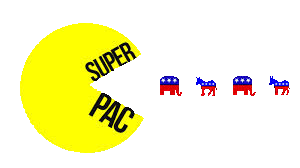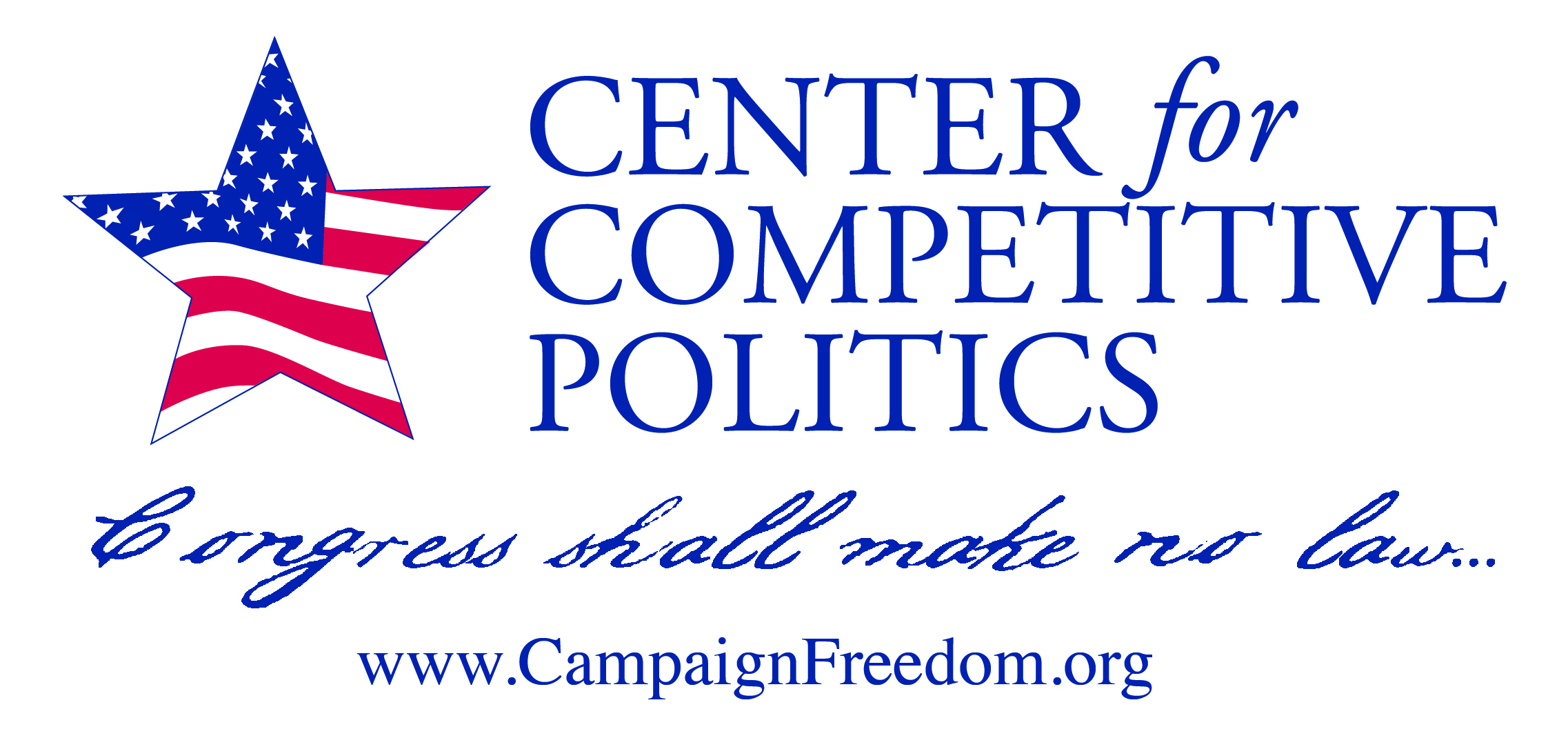Campaign finance is a nuanced, complicated topic. As a result, there are often mischaracterizations about the laws and and non-profits present in the media. A recent post in the Examiner by Stephen Wright, entitled Super PACs go non-profit and opt out of disclosure requirements, is an unfortunately egregious example. While Mr. Wright plays fast and loose with many facts, is is outright incorrect on others, there is one that made our ears perk up in particular:
Super PACs are independent, expenditure-only committees. While they can be funded by non-profit 501 ( c )4 organizations, which are designated “social welfare” organizations, super PACs are not, as Mr. Wright claims, also social welfare organizations. He writes:
Yet, the ads these non-profits use are more like negative ads than public education. A list of non-profit super PACs include: Americans for Prosperity (who claim to spend $400 million), Crossroads GPS (who claims to spend $300 million), U.S. Chamber of Commerce, Center for Competitive Politics, and National Organization for Marriage, to name just a few. These are all active in political campaign financing elections through electioneering communications and other ads.
Every one of these organizations is a non-profit organization. Not a single one is super PAC. We, for one, are a 501(c)(3), and go through great lengths to stay out of political races. AFP is a 501(c)(4), as is Crossroads GPS, while the National Organization for Marriage operates both a 501(c)(4) and a 501(c)(3). The Chamber of Commerce is a 501(c)(6), or trade organization.
What appears to be confusing Mr. Wright is that some 501(c) organizations can contribute money to super PACs, and the speech regulation community wants to classify these organizations as political committees. Although the speech regulation community benefits from this kind of confusion, these kinds of misunderstandings underscore the importance of simplifying our campaign finance laws in accordance with the right of free speech enshrined in the First Amendment.














